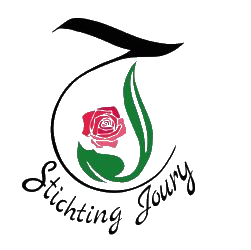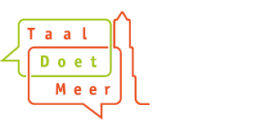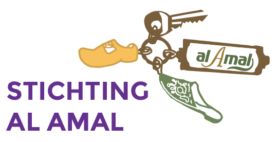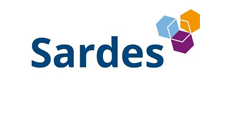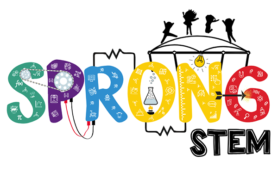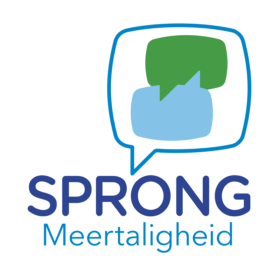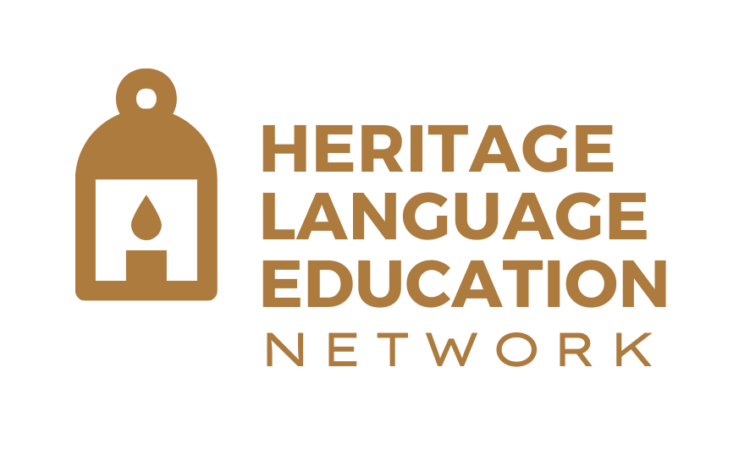“One doesn’t need to cancel the other out”
Anyone who needs a translator will never learn Dutch. Translation apps are for people who don’t want to learn the language. These statements can still be heard in the corners of school hallways in 2023, even amongst professionals working with multilingual families. Here’s a gentle plea for a society in which translation and the will to learn Dutch both have a place.

A while ago, I was at a meeting where someone said: “parents are important, but if we always let parents have a translator, the parents will never learn Dutch”. Some people nodded, others shrugged their shoulders.
Weeks later, I walked into a school where a school principle enthusiastically ran up to me and said, “I’ve discovered something we can use to better communicate with multilingual parents!” She told of an app where teachers can write messages in Dutch and parents in their own language. Everything is then automatically translated into the desired language of the reader. “Some colleagues were not enthusiastic,” she said, “they’re afraid that the parents will never learn Dutch.”
In both cases, a Dutch saying came to mind: “one does not need to cancel the other out”. With eyes on an enlightening and educational 2023, a few thoughts to start the year with:
1. Allowing multiple languages during a parent-teacher conference or meeting does not mean that parents will not learn Dutch. In education, the child is the priority. Parents, teachers, support staff, and researchers all have to do our best to support the child. Communication is essential for this.
It is not our job to ensure that parents learn Dutch. Parents can ask where they can take language courses or what the possibilities are to learn Dutch. We can also offer them ideas. But banning other languages, interpreters, and certain multilingual sources of communication will get us nowhere. You may be surprised what happens when these languages or tools are utilized (read more here: Multi-STEM | Are two really better than one? (multistem.net))
2. If a parent speaks another language, it does not mean that that parent does not WANT to learn Dutch. My first research meeting with multilingual caregivers boasted an impressive turnout, but at the second, I twiddled my thumbs at an empty table. The parent coordinator offered an idea: “many parents want to speak more Dutch. They take the course at school once a week, but they say they would like more lessons.”
I spoke to a few of the parents and asked if they would be interested in some kind of “conversation partner” for one hour each week. I was immediately met with positive reactions: one parent who has been living in the Netherlands for seven years, a few who have been living in the Netherlands for 3-5 years; parents who can already somewhat carry a conversation in Dutch, and parents who (at the moment) speak very little Dutch.
3. Acknowledging other languages with parents does not mean that Dutch is unimportant. I dare to say that there is no parent (in the Netherlands) who finds the Dutch language unimportant. Most parents want their children to be able to write, speak, and read Dutch well. But we can also make space for the home language. We can greet a parent daily in their home language, or ensure that the library has books in multiple languages without giving the message that Dutch is unimportant.
Many already apply these ideas, others look at them more critically. And that’s okay, too. But for the people who work with multilingual parents: let’s start the year with patience and understanding, and ALSO a critical mindset. Afterall, one doesn’t need to cancel the other out.
Erin Gail MacDonald | PhD researcher, subproject ‘Home‘.
Currently, this blog is only available in English and Dutch. To read it in another language we recommend using the translation tool DeepL.com.




